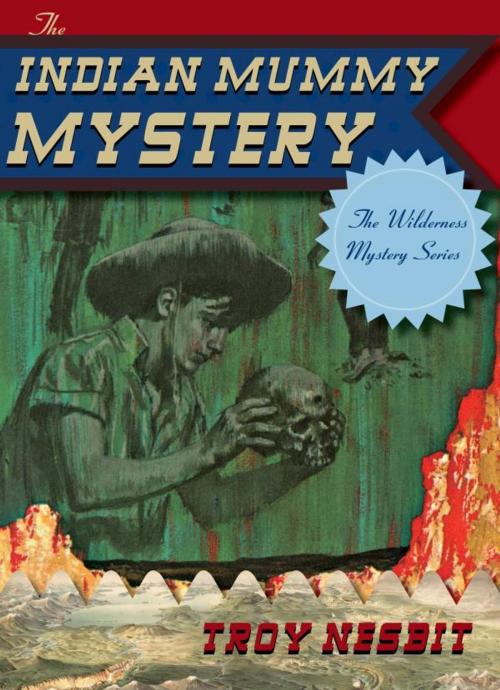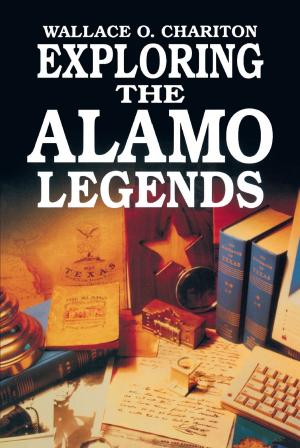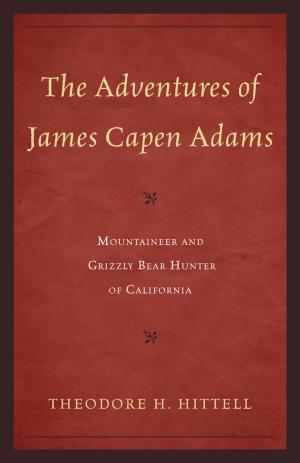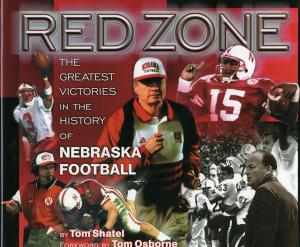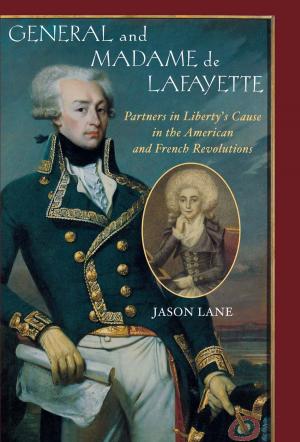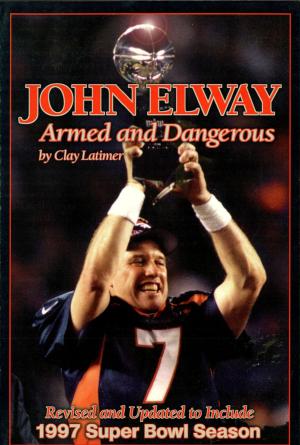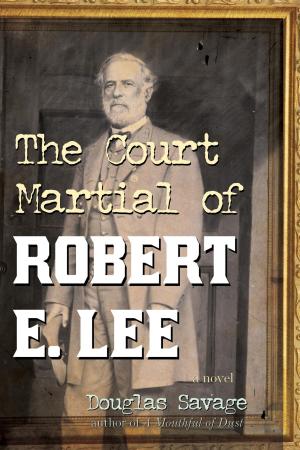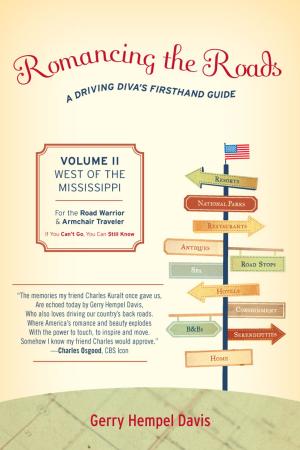| Author: | Troy Nesbit | ISBN: | 9781589798144 |
| Publisher: | Taylor Trade Publishing | Publication: | May 16, 2013 |
| Imprint: | Taylor Trade Publishing | Language: | English |
| Author: | Troy Nesbit |
| ISBN: | 9781589798144 |
| Publisher: | Taylor Trade Publishing |
| Publication: | May 16, 2013 |
| Imprint: | Taylor Trade Publishing |
| Language: | English |
Lyman Cutlertells his grandson Joe a story about his days as a young cowboy when he came across a cliff dwelling containing abandoned pottery and an Indian mummy. When Joe and his friend Denny search for the pottery and mummy, they discover old relics including documents, photographs, and the skull of a man. This story of archaeology and preservation of natural places will thrill young explorers as they follow Joe and Denny’s adventure throughout southern Colorado.
The recurrent themes of the books in the Wilderness Mystery Series are natural phenomena—caves, canyons, mountains, sand dunes, and forests—and a sense of the past as seen through archaeology. In many of the narratives, events of long ago are seen to have left traces of their passing. Notwithstanding the fact that the books were written in the 1950s, the progressive Franklin Folsom (alias Troy Nesbit) had refreshing views of women, Native Americans, and the environment, and he was prescient in having his characters often oppose corporate and government efforts to develop wilderness areas.
Lyman Cutlertells his grandson Joe a story about his days as a young cowboy when he came across a cliff dwelling containing abandoned pottery and an Indian mummy. When Joe and his friend Denny search for the pottery and mummy, they discover old relics including documents, photographs, and the skull of a man. This story of archaeology and preservation of natural places will thrill young explorers as they follow Joe and Denny’s adventure throughout southern Colorado.
The recurrent themes of the books in the Wilderness Mystery Series are natural phenomena—caves, canyons, mountains, sand dunes, and forests—and a sense of the past as seen through archaeology. In many of the narratives, events of long ago are seen to have left traces of their passing. Notwithstanding the fact that the books were written in the 1950s, the progressive Franklin Folsom (alias Troy Nesbit) had refreshing views of women, Native Americans, and the environment, and he was prescient in having his characters often oppose corporate and government efforts to develop wilderness areas.
